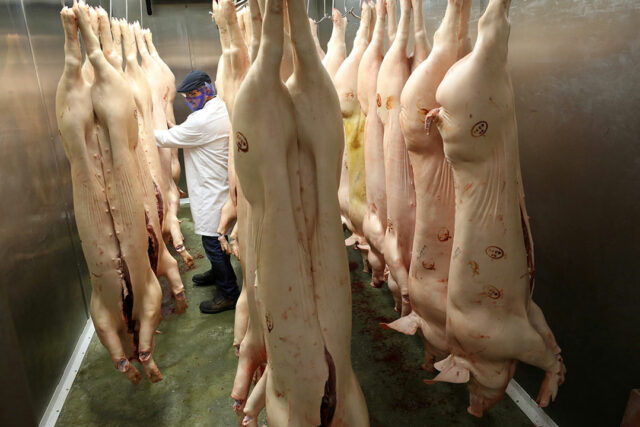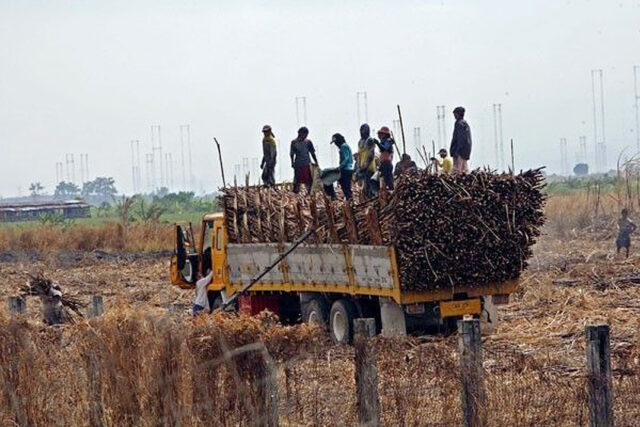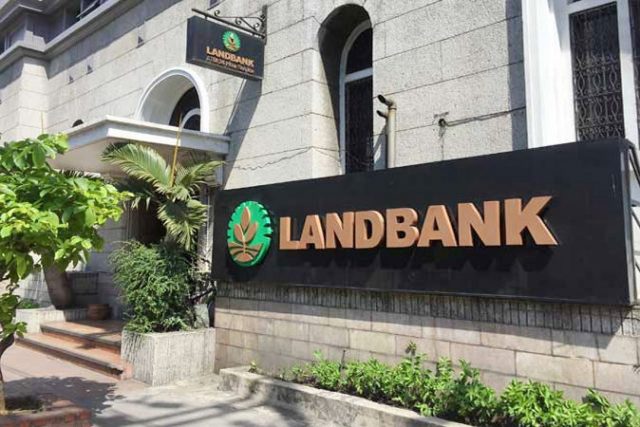SANTIAGO — BHP said it has started removing workers on strike at its Escondida copper mine in Chile, deepening tensions at the site after a powerful union rejected the company’s latest invitation for talks on pay.
The strike at the world’s largest copper mine was declared hours earlier after negotiations collapsed and could lead to a major hit to production.
“After a new invitation from the company to reach an agreement, Union No. 1 declined to restart talks,” BHP said in a statement, referring to the labor group that represents about 2,400 people.
Escondida, which produced 1.1 million metric tons of copper last year, said the mine was continuing to operate but did not specify how much operations had been scaled down.
BHP said it began removing striking workers when it activated a contingency plan that allows for “minimum services” and for non-union members to keep working.
Workers walked out as they demanded a bigger slice of copper profits, which have been buoyed by recent high prices.
The union maintains it is willing to return to negotiations, and accused BHP of violating strike terms by replacing workers who walked out, who it said were essential to basic operations.
“We demand the company immediately end this grave anti-union practice,” the union said in a statement.
The strike, after the union encouraged members to reject BHP’s offer, has stirred up memories of the last major Escondida walkout in 2017, which hit BHP’s copper production and pushed up global prices of the metal, which is used to make wiring and nearly every single electronic device.
Analysts said the market was so far staying calm, with hopes for a quick resolution and weaker demand from top copper consumer China dampening the impact.
“The market is taking it in its stride,” said Chris LaFemina, a metals and mining analyst at Jefferies, though he flagged the potential for the strike to encourage other labor disputes in Chile.
“If you get a series of mine disruptions, that can have an impact on the market.”
London-listed shares of BHP and copper prices each fell less than 1% on Tuesday.
Workers from one of three unions at Lundin Mining’s Caserones copper mine in Chile also went on strike on Tuesday over failed pay negotiations.
While the Escondida strike is unlikely to affect Caserones, the outcome could influence future negotiations at other mines, said Benchmark Mineral Intelligence, a UK-based provider of critical minerals pricing and data.
They also noted that Escondida processes 400,000 tons of ore a day, a pipeline that could be disrupted shortly after workers walk out.
BHP offered a $28,900 bonus per worker, compared with the union’s demand of 1% of shareholder dividends for the mine, which would amount to roughly $36,000.
“We made every responsible effort to reach an agreement, but that wasn’t possible,” the union said in a statement ahead of the strike’s start.
BHP defended its contract as one of the best in the industry, and said it had offered four proposals in response to points raised by the union.
The labor group “on the last day of mediation presented new requirements,” BHP said in a statement.
BHP, one of the world’s biggest miners, owns more than half of Escondida in northern Chile, along with Rio Tinto and JECO Corp.
Rio Tinto declined to comment. Representatives for Mitsubishi, the controlling shareholder in JECO, were not immediately available.
Some 60% to 70% of Escondida’s copper concentrates are shipped to China, a source with knowledge of the matter said.
A cutoff of Escondida concentrates could hit supply chains of Chinese smelters, which produce half the world’s refined copper.
Union President Patricio Tapia told Reuters previously that a strike would see BHP unable to produce copper, because replacement workers are prohibited by law.
Along with seeking higher pay, the union, which has repeatedly clashed with BHP, is pressing for better conditions for workers who lose their jobs due to outsourcing and automation as well as health benefits, bonuses and more. — Reuters












